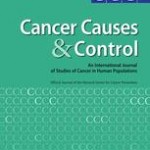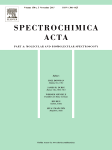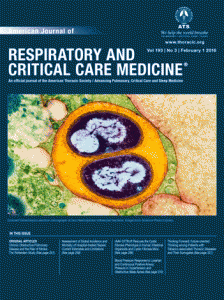 A 2006 paper investigating the effects of docosahexaenoic acid (DHA) and celecoxib on prostate cancer cells has been retracted because it appears to contain panels that were duplicated, and the authors could not provide the raw data to show otherwise.
A 2006 paper investigating the effects of docosahexaenoic acid (DHA) and celecoxib on prostate cancer cells has been retracted because it appears to contain panels that were duplicated, and the authors could not provide the raw data to show otherwise.
This is the second paper the authors have lost because they couldn’t furnish the original data to defend their work against allegations of image manipulation. The reason: the Institute for Cancer Prevention in New York, where the authors did the work, shut its doors abruptly in 2004, co-author Bhagavathi A. Narayanan told us. (The institute closed thanks to $5.7 million in grant that was misspent, the New York Post reported at the time.)
Recently, some of Narayanan’s papers have been questioned on PubPeer; her work has been the subject of an investigation at New York University, where Narayanan is now based.
Narayanan told us that the criticism of their work has deeply affected her and her co-authors:
Continue reading “We are living in hell:” Authors retract 2nd paper due to missing raw data








